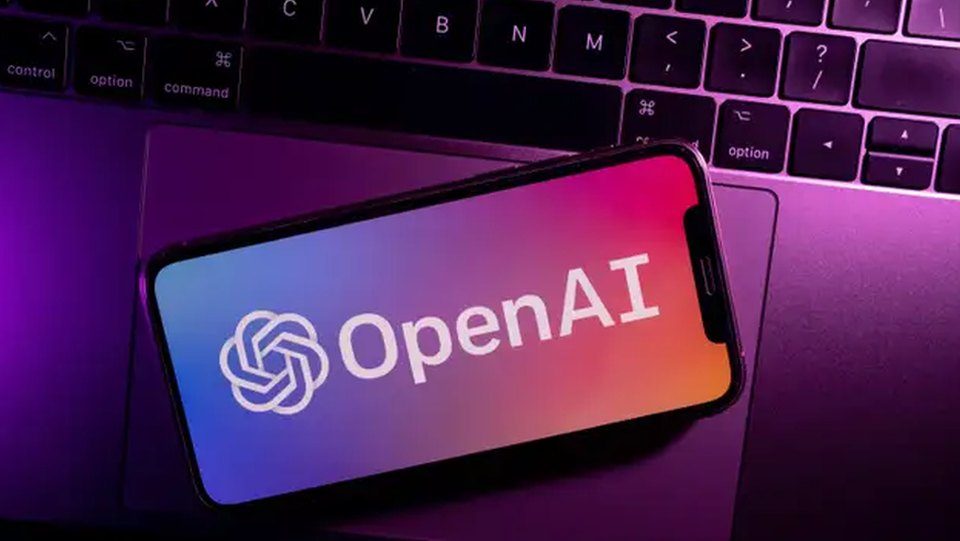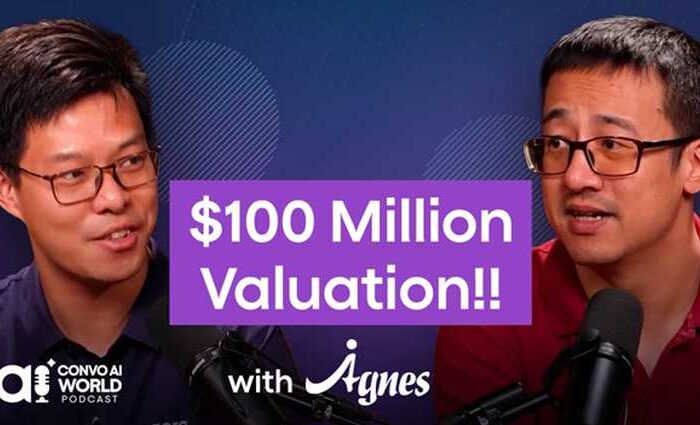OpenAI acquires Chat.com from HubSpot’s founder — Is this the end of ‘GPT’ era as we know it?

OpenAI has officially acquired the domain Chat.com from Dharmesh Shah, HubSpot’s co-founder and CTO. While the exact amount paid remains undisclosed, the deal is likely substantial. As reported in April, Shah purchased the domain for $15.5 million in 2023, marking one of the largest domain transactions on record.
Sam Altman, OpenAI’s CEO, confirmed the domain acquisition just yesterday, over a year after Shah’s initial purchase. Now, Chat.com directs users straight to ChatGPT, sparking curiosity about OpenAI’s potential branding shift.
After acquiring the domain, Shah quickly resold it, donating $250,000 of the profits to Khan Academy. While he implied that he accepted OpenAI shares in exchange, the final transaction amount remains a mystery.
2 months ago, I bought the domain https://t.co/UMWKLa0S0W for $10M+.
Here's what happened next:https://t.co/kl70eH5bPy
tl;dr: Sold it for a profit and am donating $250k+ to @khanacademy .
— dharmesh (@dharmesh) May 25, 2023
Could OpenAI’s acquisition of Chat.com signal the end of the ‘GPT’ era?
This move raises a question: could the transition from “ChatGPT” to simply “chat” mean OpenAI is prepared to move beyond the “GPT” branding? Launched on November 30, 2022, ChatGPT took the internet by storm, reaching one million users just five days after its debut.
Although a deal valued in OpenAI stock would be massive in any other case, for OpenAI—now funded with $6.6 billion—it’s comparatively modest. Yet, the simplification from “ChatGPT” to “chat” could mark a change in OpenAI’s broader vision, perhaps hinting at future models less tied to the “GPT” branding and more adaptable to general reasoning.
Originally founded in 2015 by Sam Altman and Elon Musk, OpenAI began as a nonprofit focused on advancing artificial general intelligence safely. In 2020, the organization shifted to a commercial approach. And while OpenAI has faced its share of challenges, including Altman’s temporary departure in November, it continues to lead the AI space with ChatGPT, introduced in 2022.




